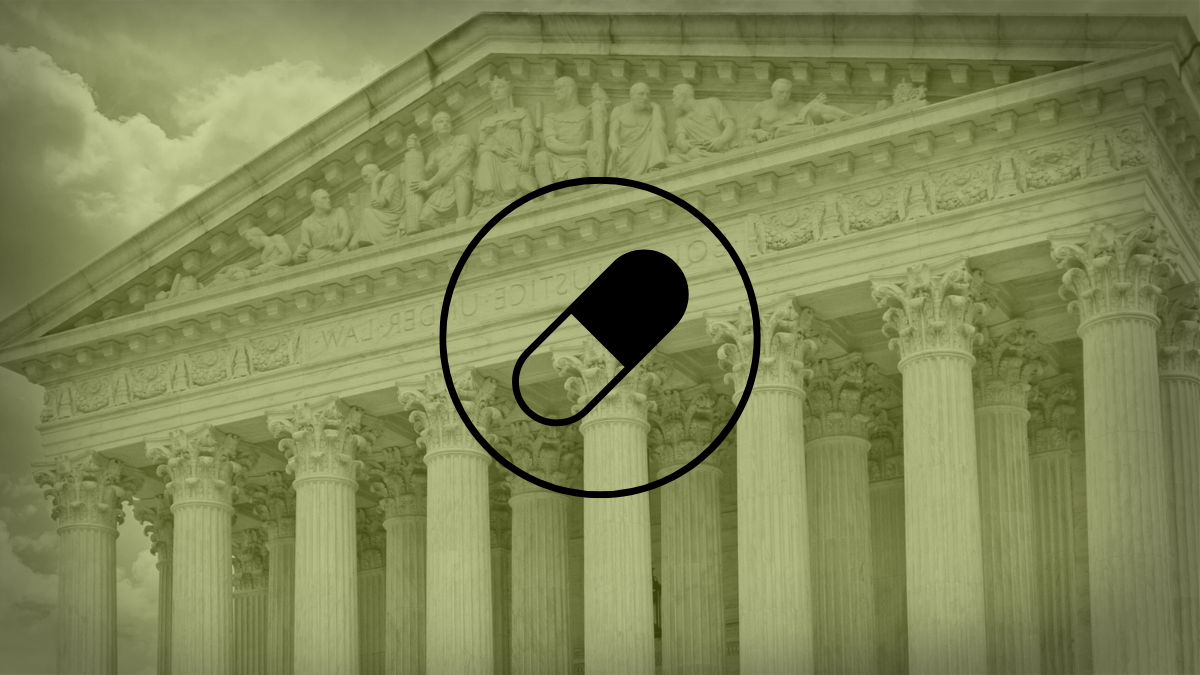Source: The News & Observer
The laws for obtaining mifepristone, medication to terminate a pregnancy, in North Carolina are changing. On June 3, a federal judge issued her final ruling in a lawsuit brought by an OB-GYN challenging state regulations on medication abortion. This ruling potentially concludes a lengthy legal battle and means:
- Mifepristone no longer needs to be taken in a clinical setting and can be taken at home.
- Pharmacies, not just licensed physicians, can provide the pill.
- While an advance consultation is required, a follow-up appointment is not.
Here’s what else the ruling entails:
Dr. Amy Bryant of UNC Health filed the lawsuit in January 2023, the same month the U.S. Food and Drug Administration approved a protocol allowing certified pharmacies to provide mifepristone directly to patients. This approval expanded access to the drug beyond clinical settings and enabled mail-order pharmacy deliveries with a valid prescription.
Mifepristone is the first part of a two-pill regimen for terminating a pregnancy within the first 10 weeks of gestation. Bryant challenged state regulations requiring doctors to provide the pill in-person at certified facilities and only after a 72-hour waiting period. She argued that the FDA’s more lenient usage requirements should override North Carolina’s restrictions.
The lawsuit named North Carolina’s Attorney General Josh Stein, a Democrat, Kody Kinsley, the Secretary of the Department of Health and Human Services, a district attorney, and members of the state medical board as defendants. After Stein chose to oppose the state laws, House Speaker Tim Moore and Senate leader Phil Berger joined the lawsuit to defend them. In their filing, attorneys for Berger and Moore argued that the lawsuit sought to remove state protections for unborn children and their mothers’ health and welfare, stating that the FDA does not have the final authority on such significant social and political issues.
U.S. District Judge Catherine Eagles had previously issued a detailed opinion in early May granting a partial victory to Bryant. Eagles argued that several state laws on
medication abortion conflicted with a congressional mandate for the FDA to establish the regulatory framework for safe drug distribution and use. Eagles issued a judgment and permanent injunction, a final court order requiring compliance by the parties involved. She ruled that the following state provisions are preempted by federal law:
- Prohibitions on health care providers other than physicians providing mifepristone.
- Requirements that mifepristone be provided in-person.
- Requirements for scheduling or ensuring an in-person follow-up appointment.
- Requirements for reporting non-fatal complications caused by the drug to the FDA.
Eagles also ruled that similar state provisions are preempted by federal law and prohibited enforcement or compliance with any of these provisions. However, she allowed requirements not preempted by the FDA, such as the in-person 72-hour advance consultation and blood type testing, to stand.





